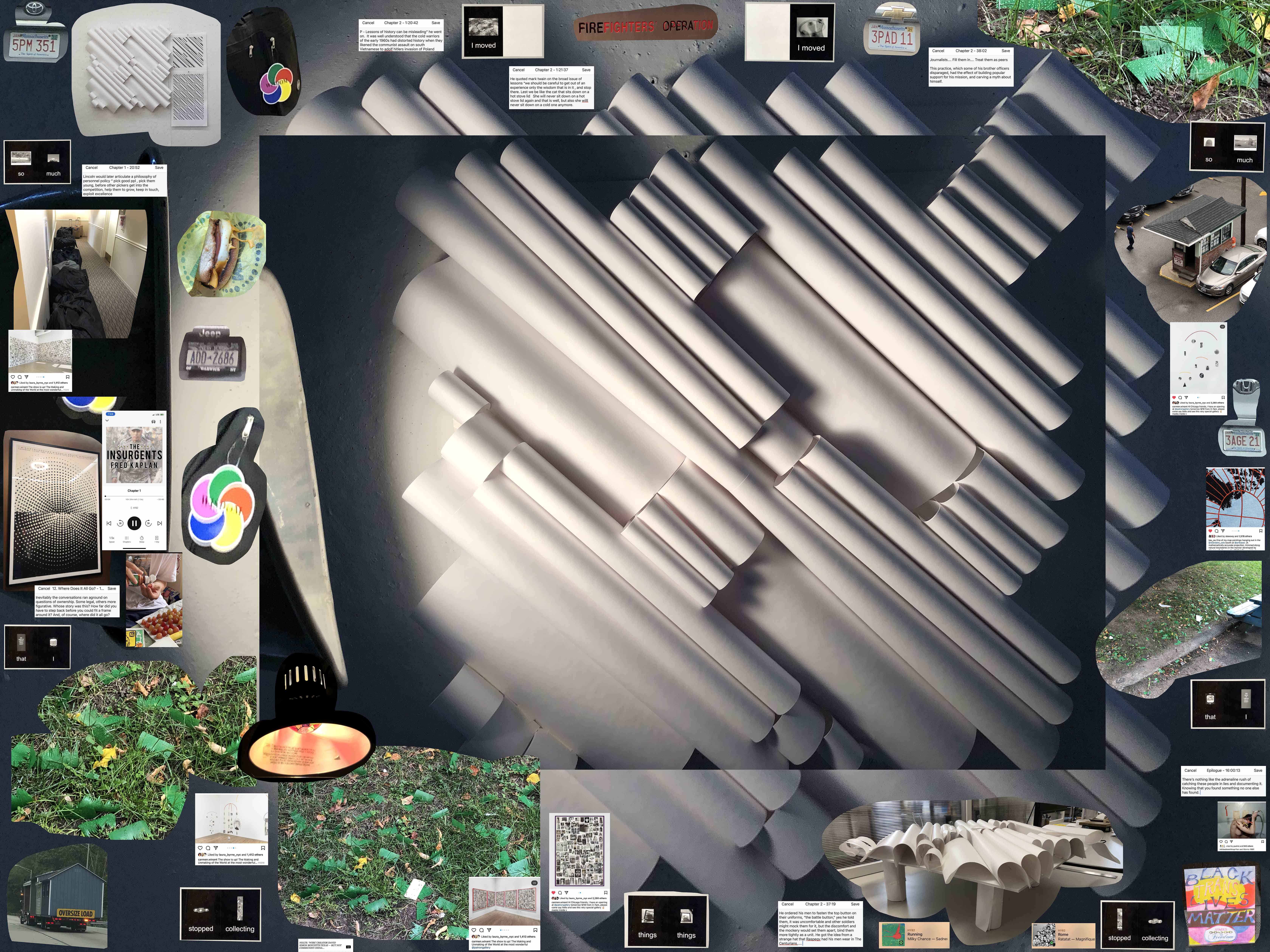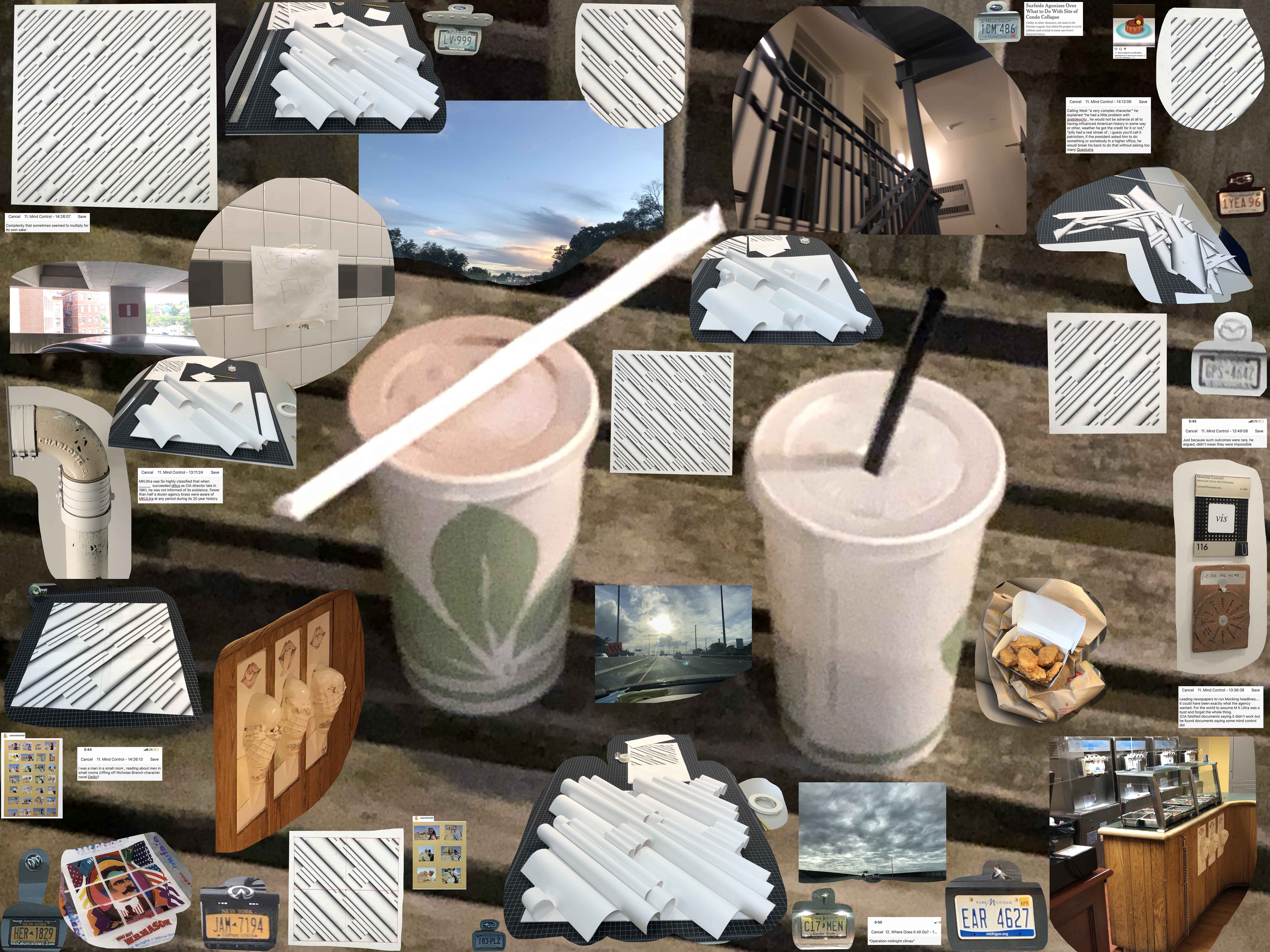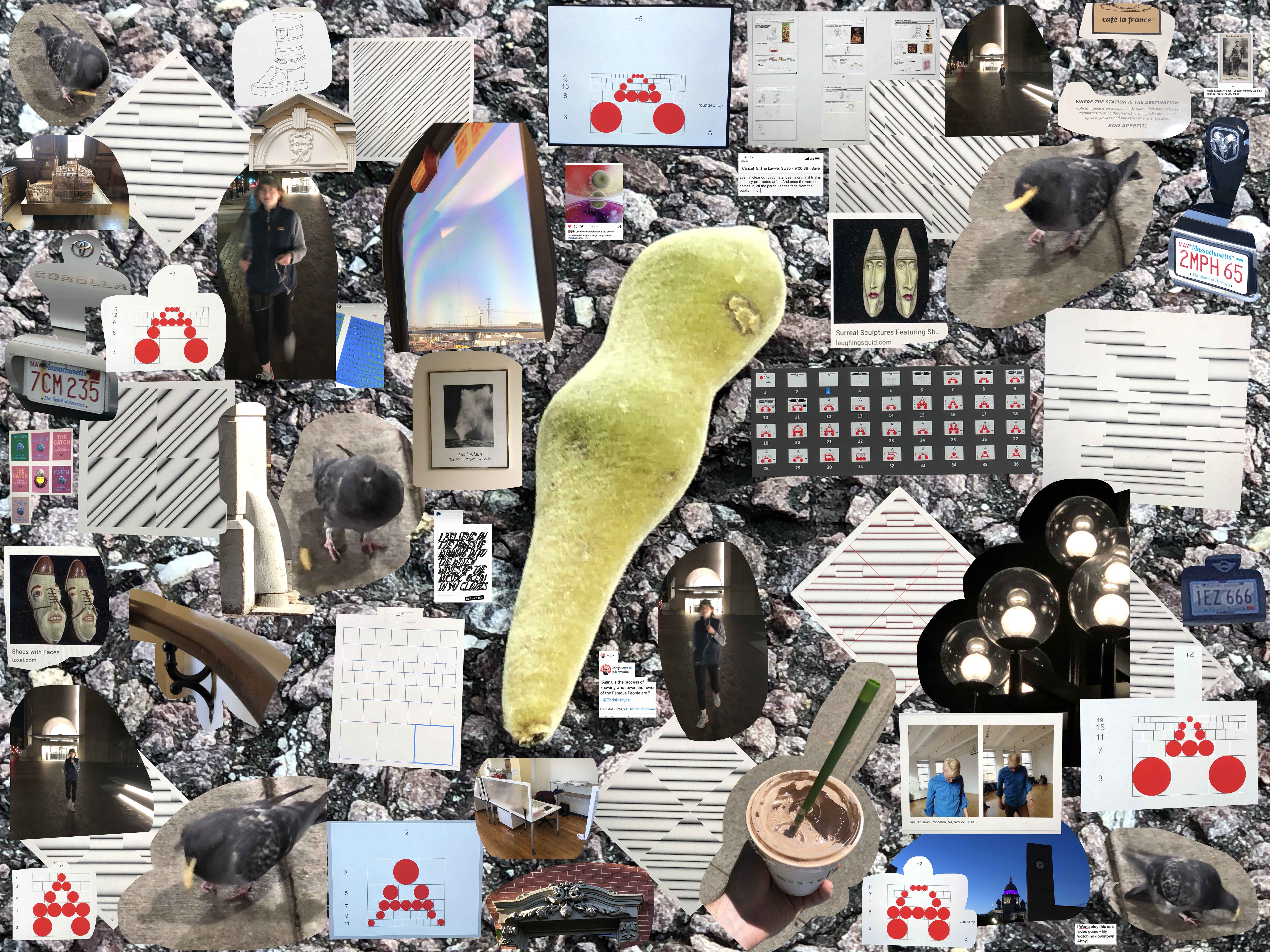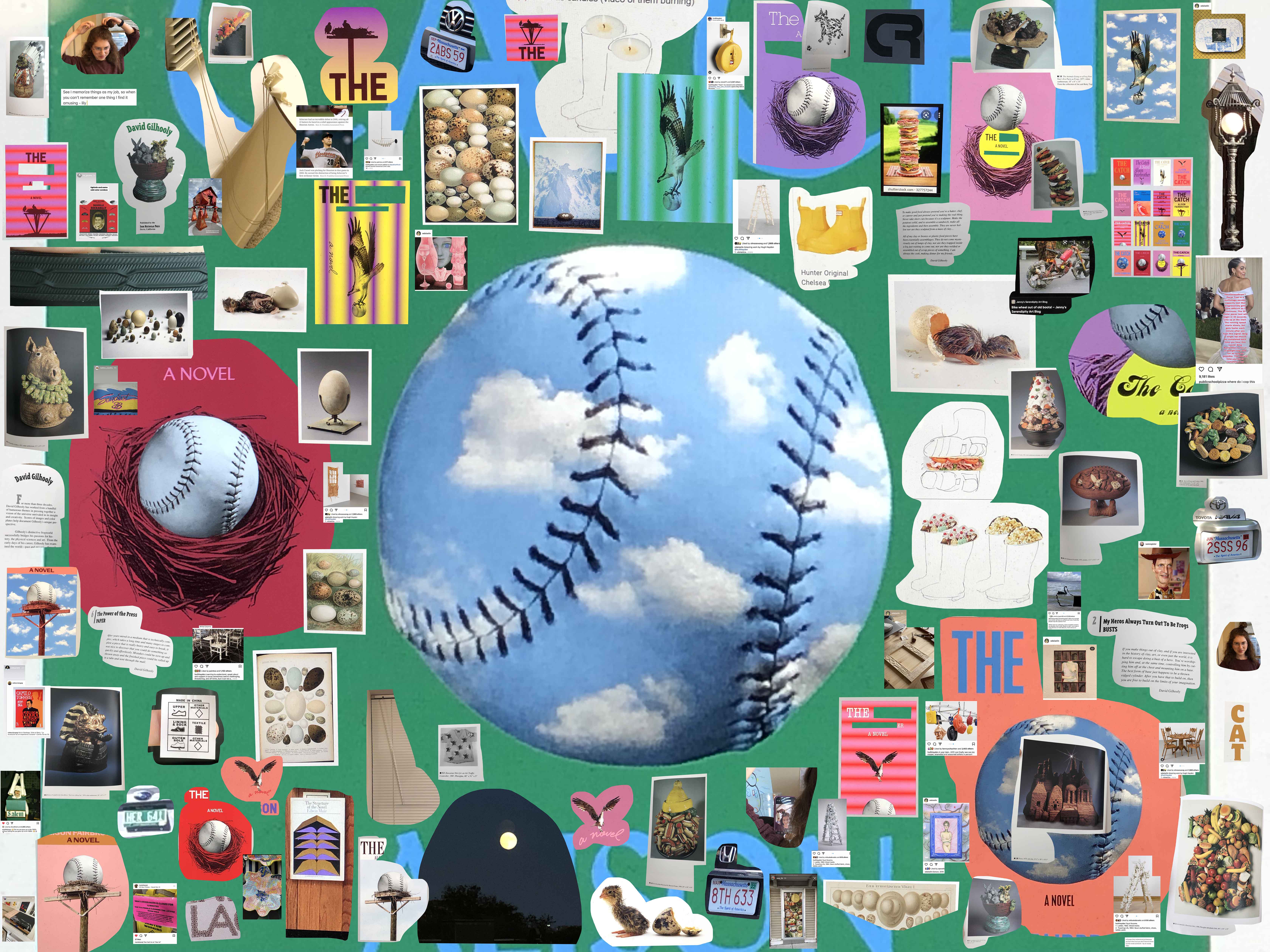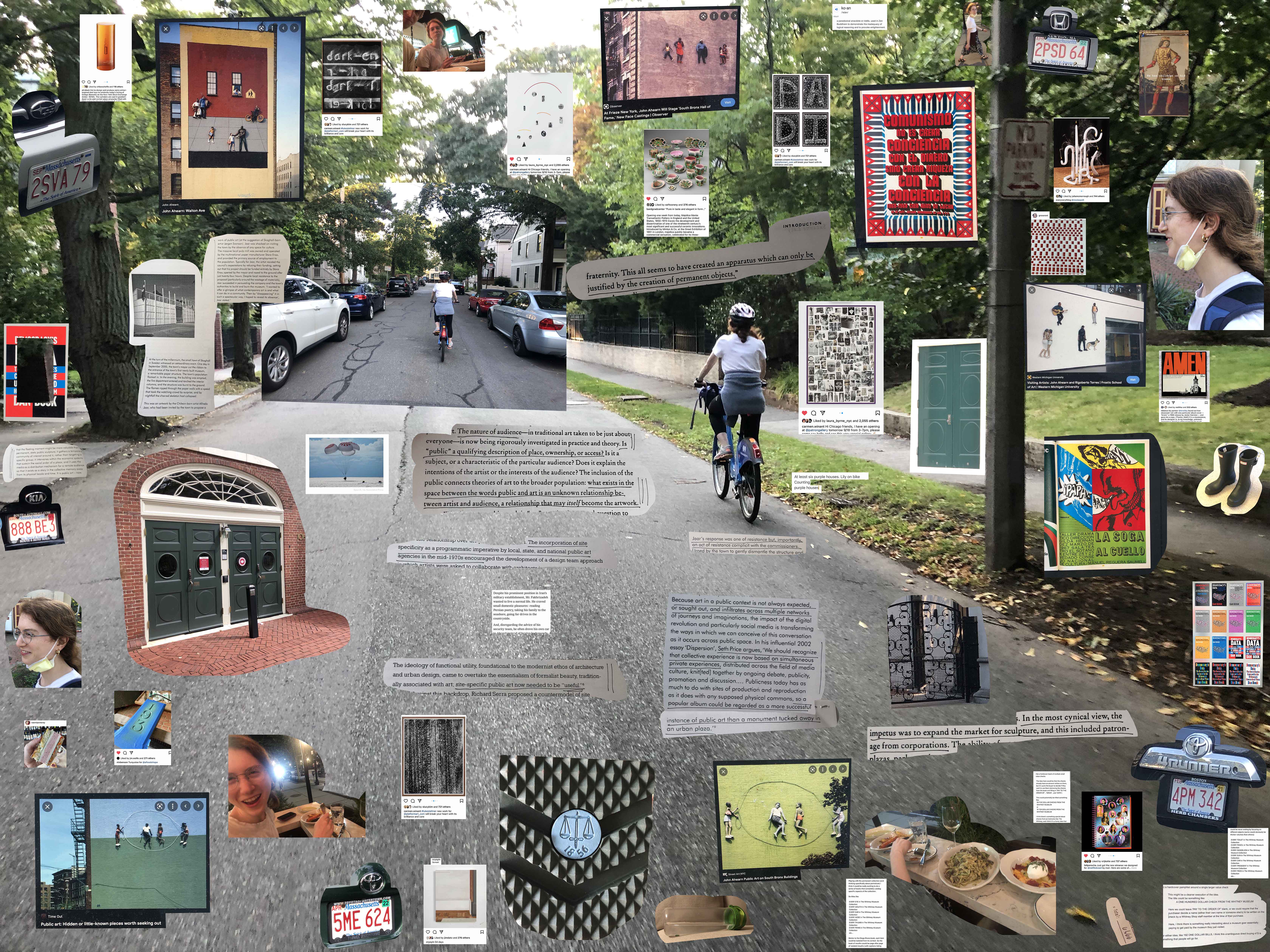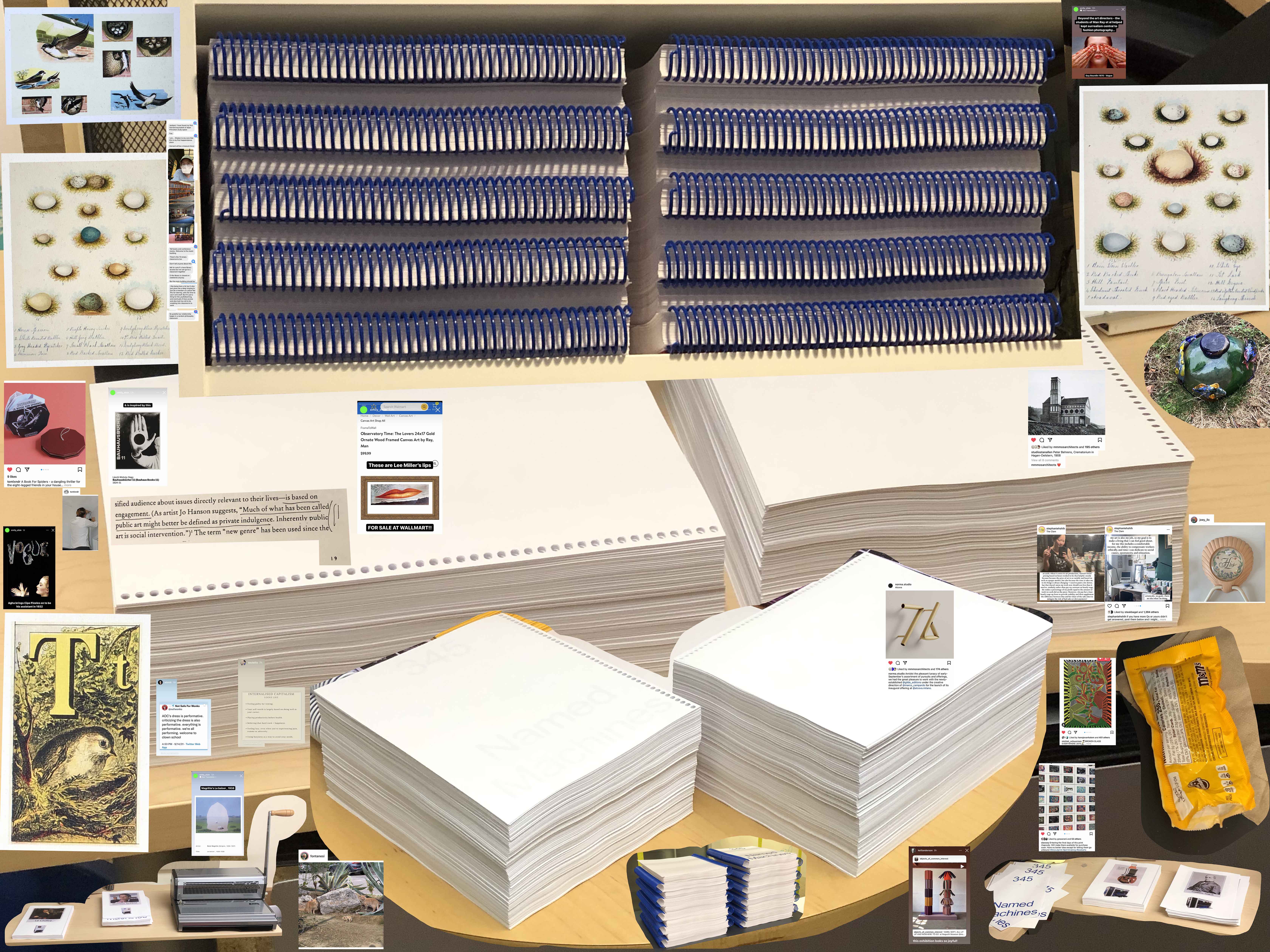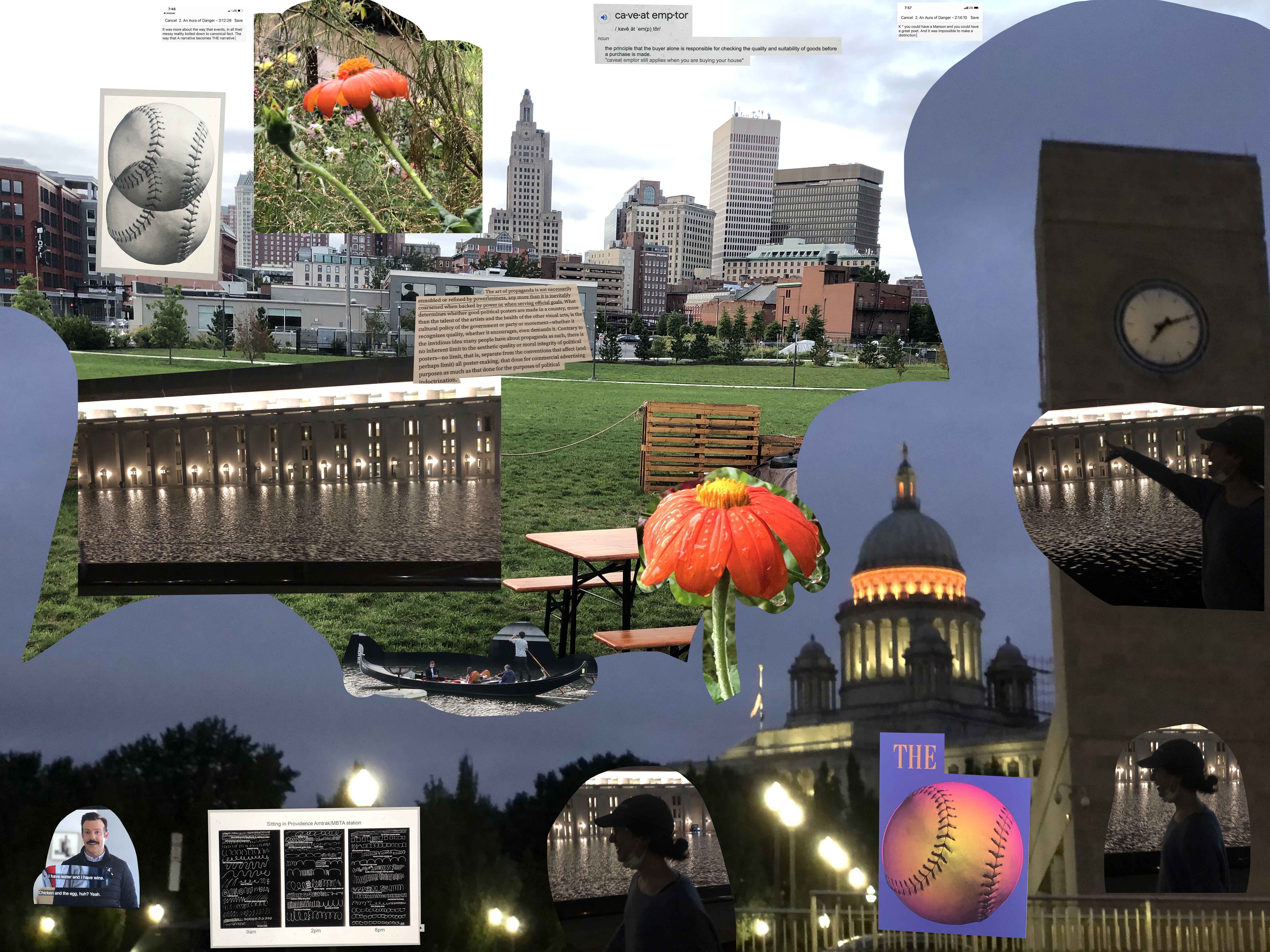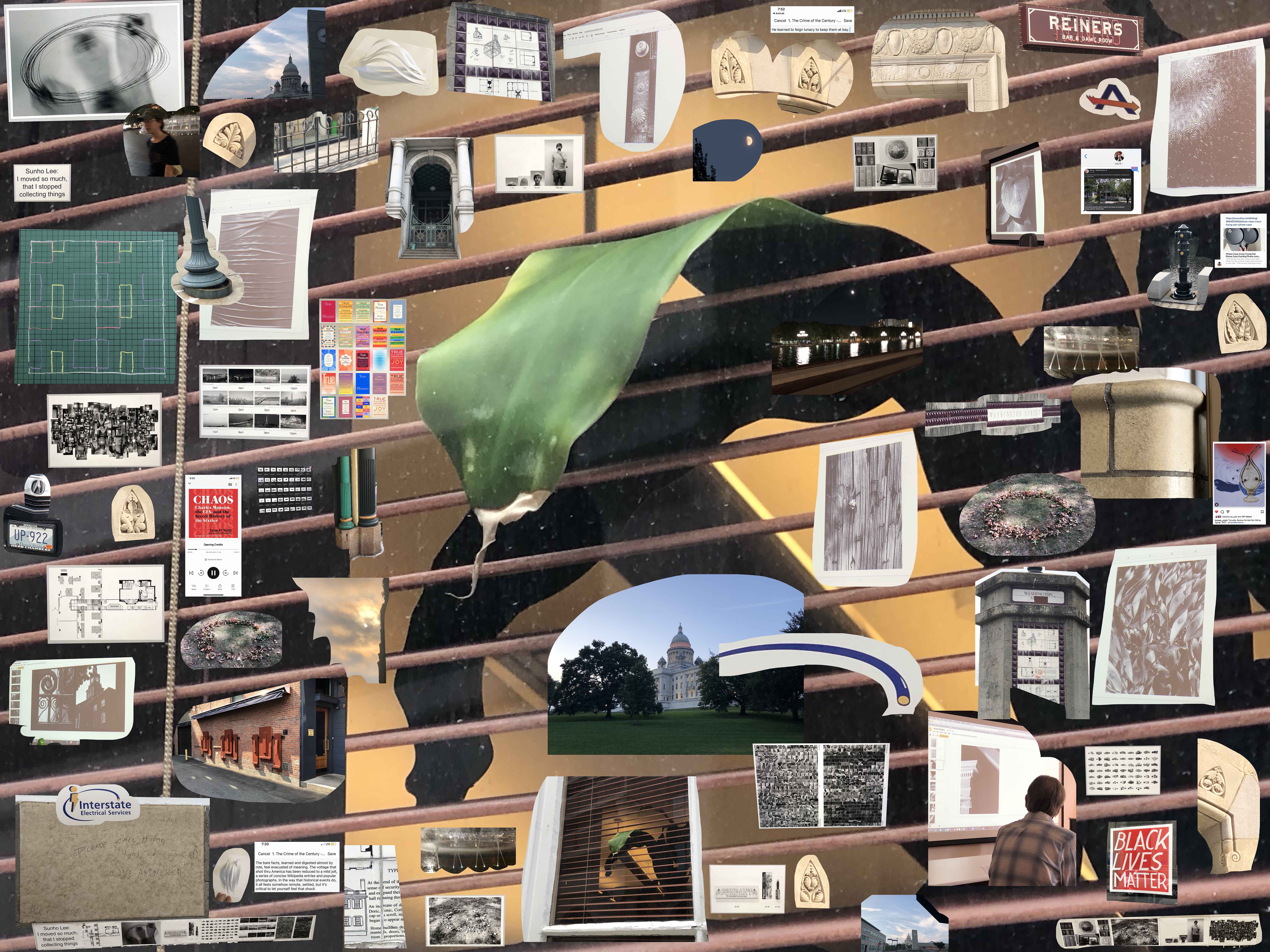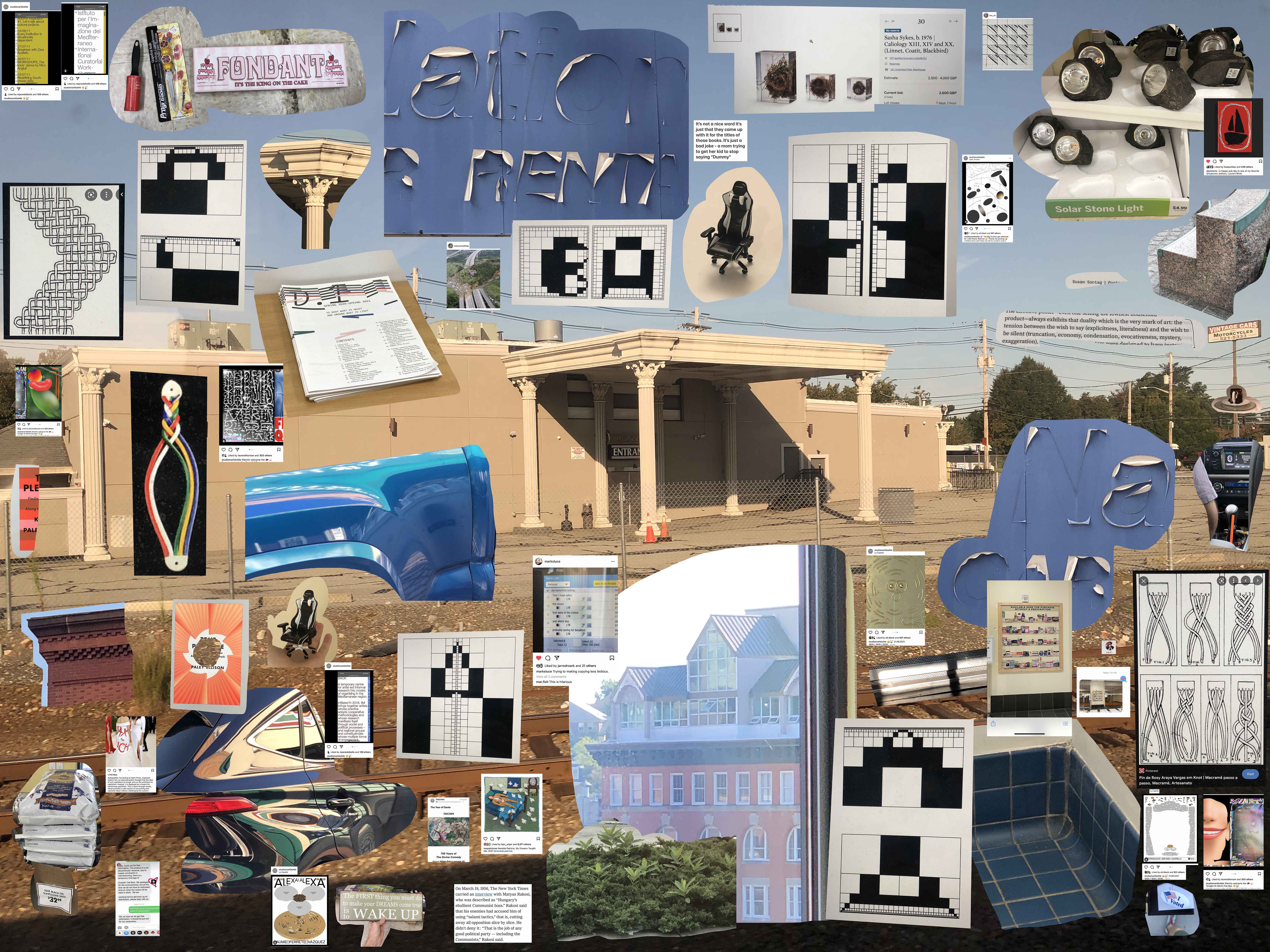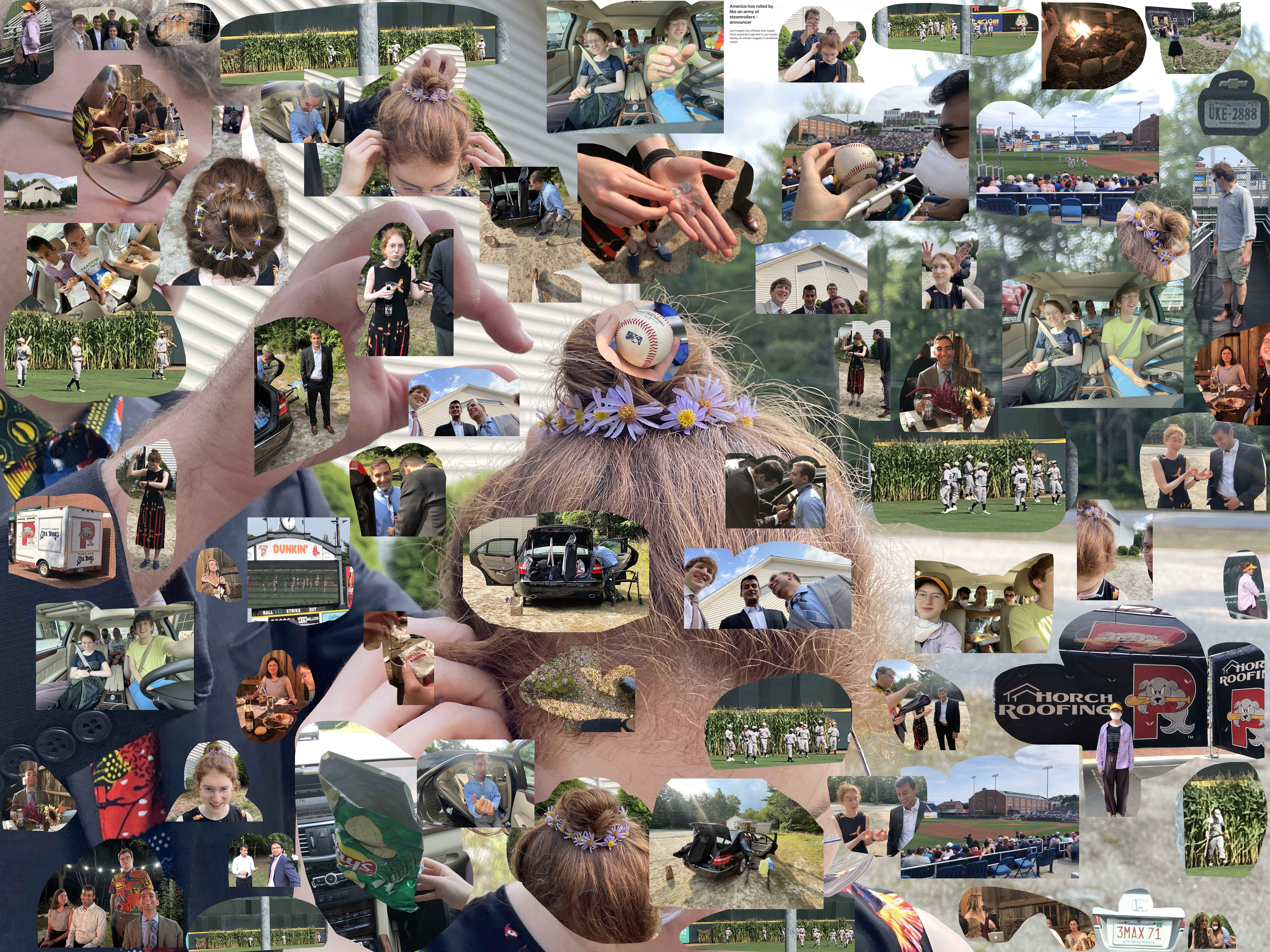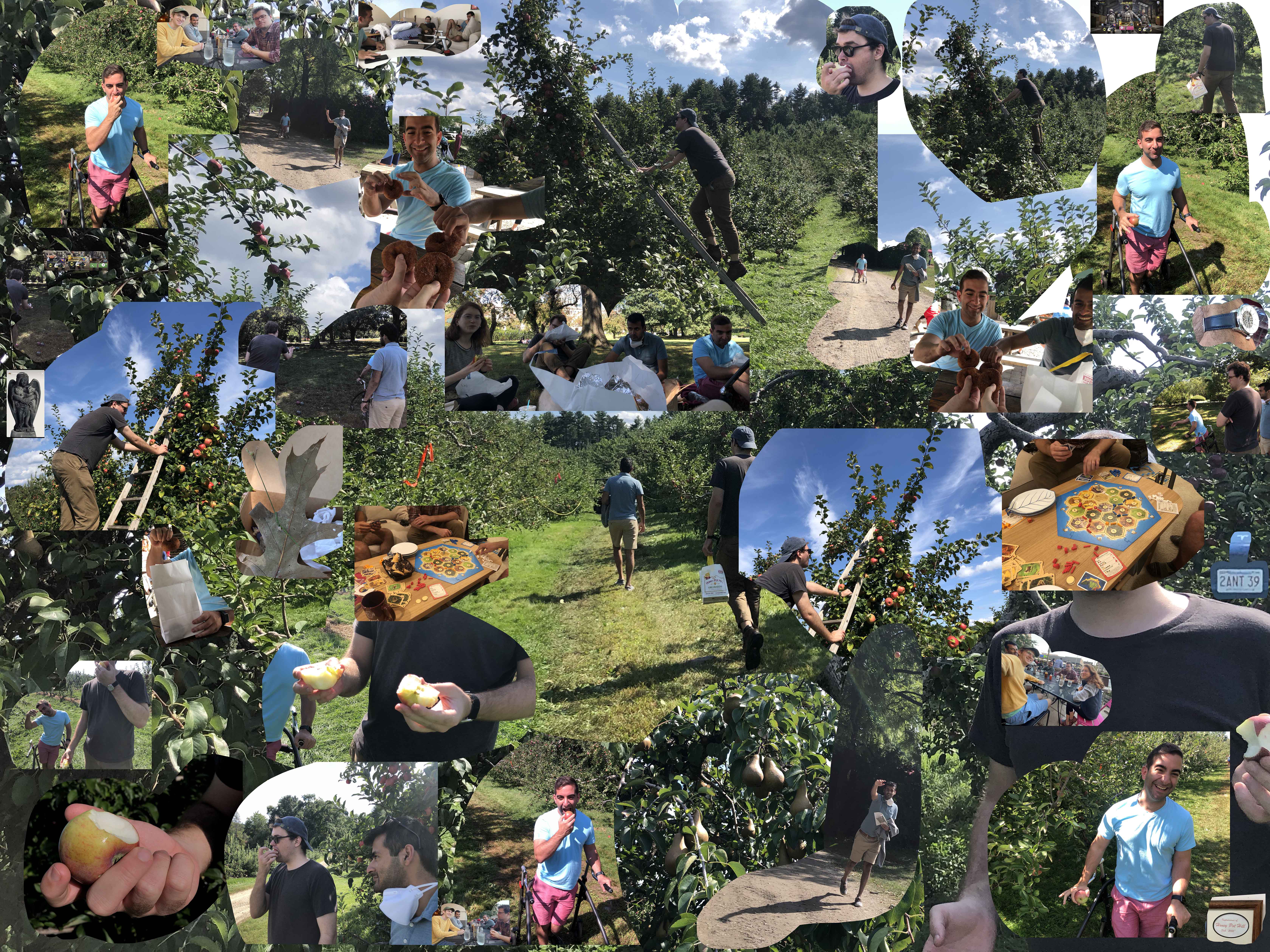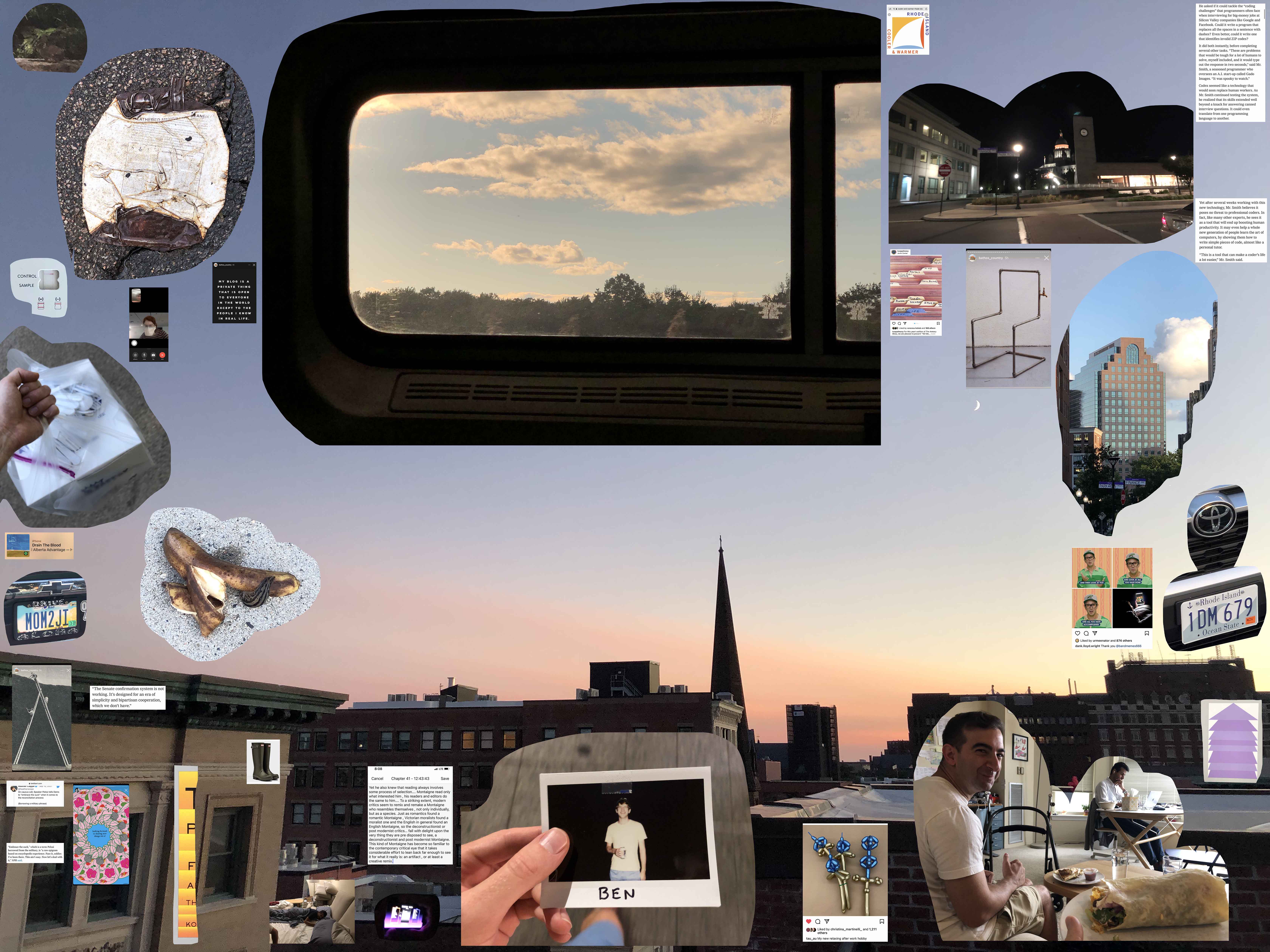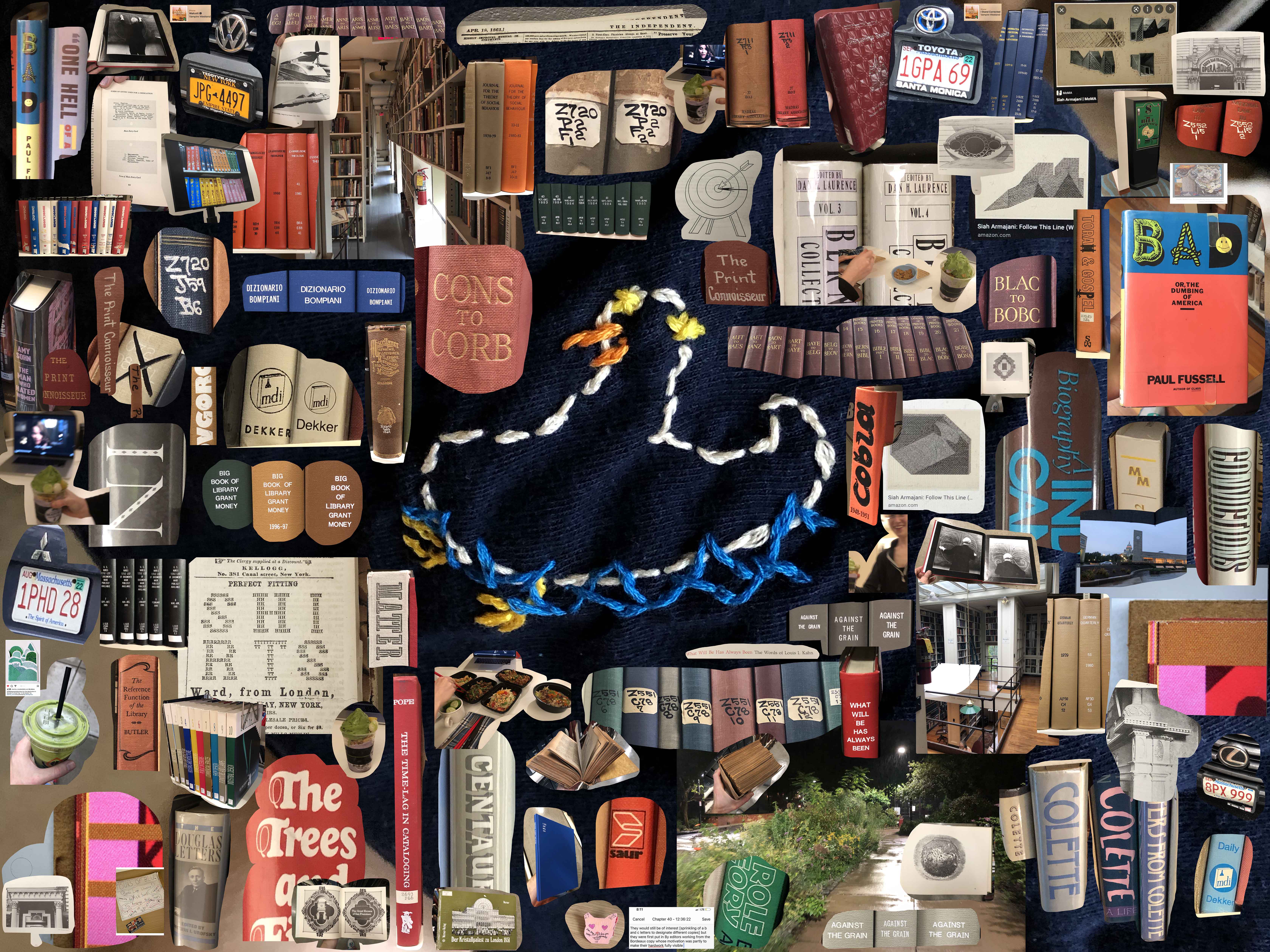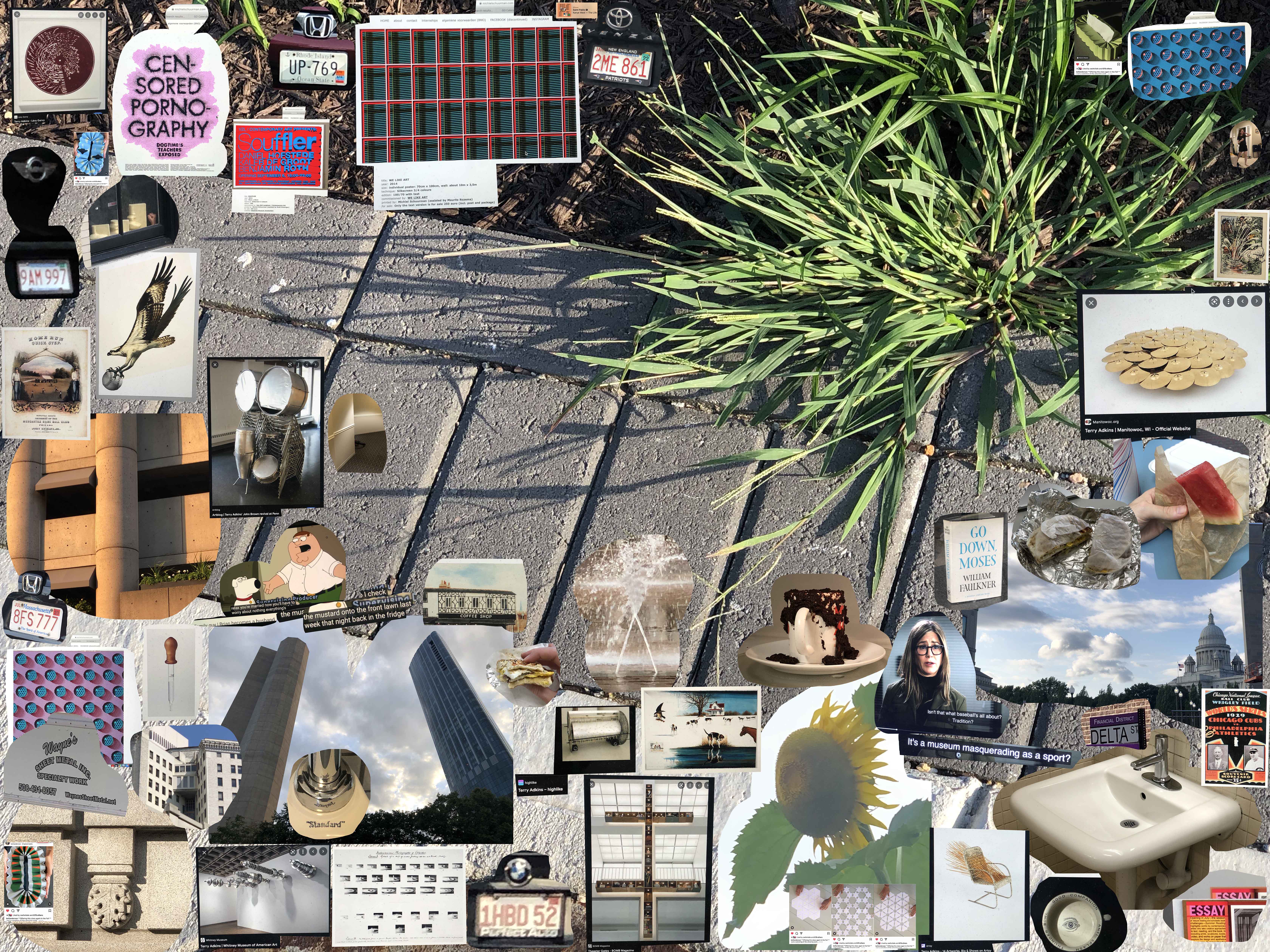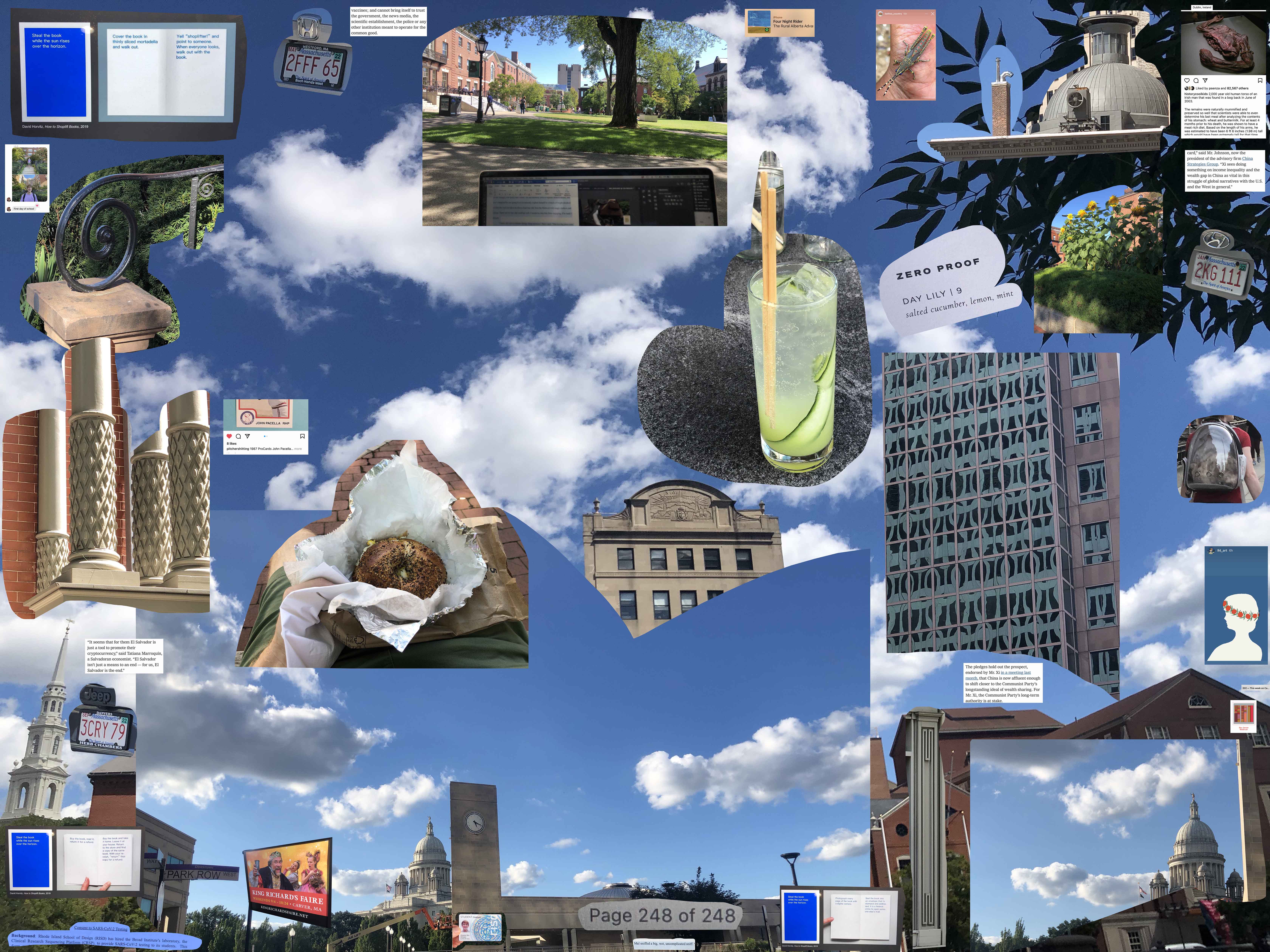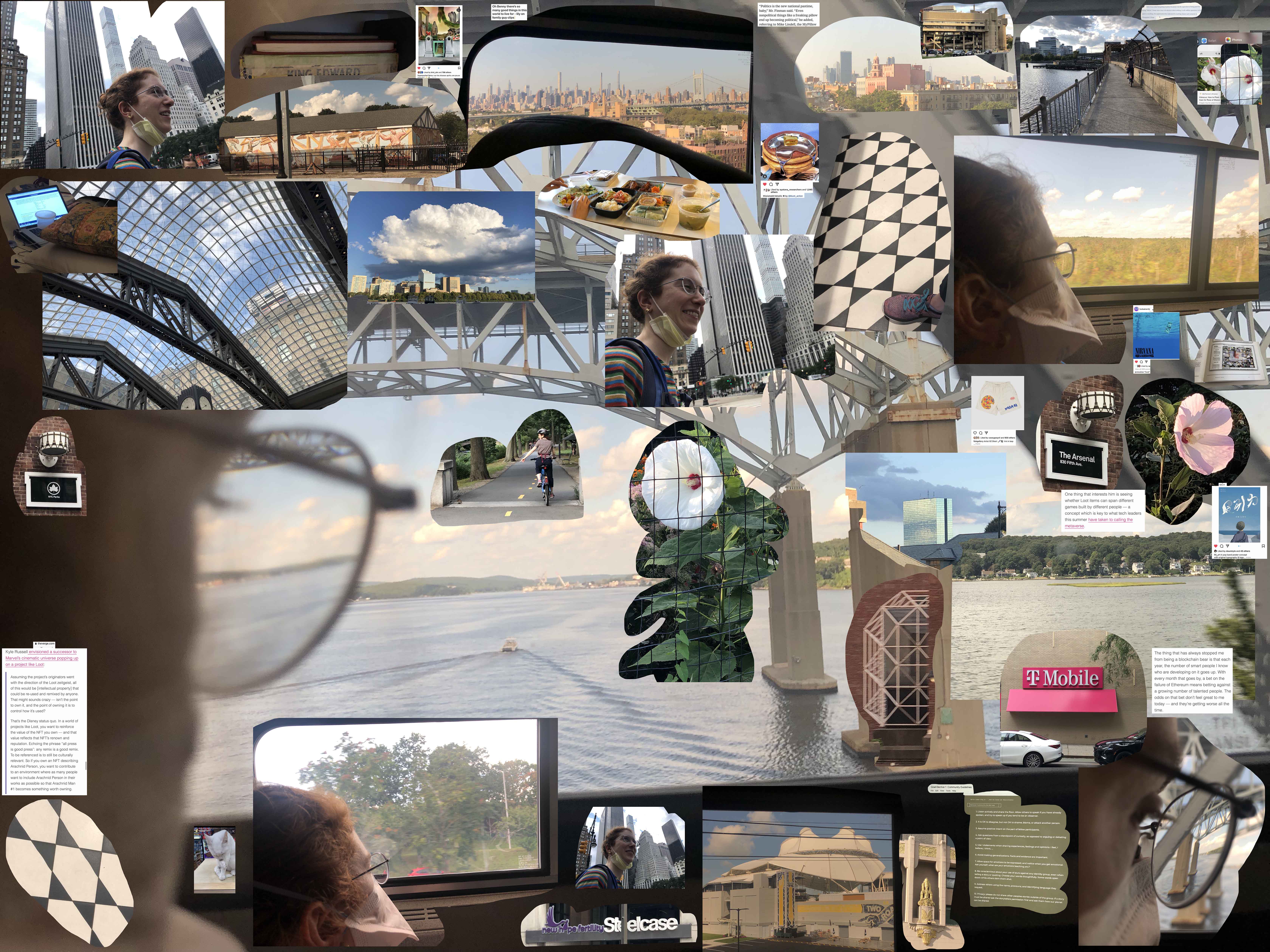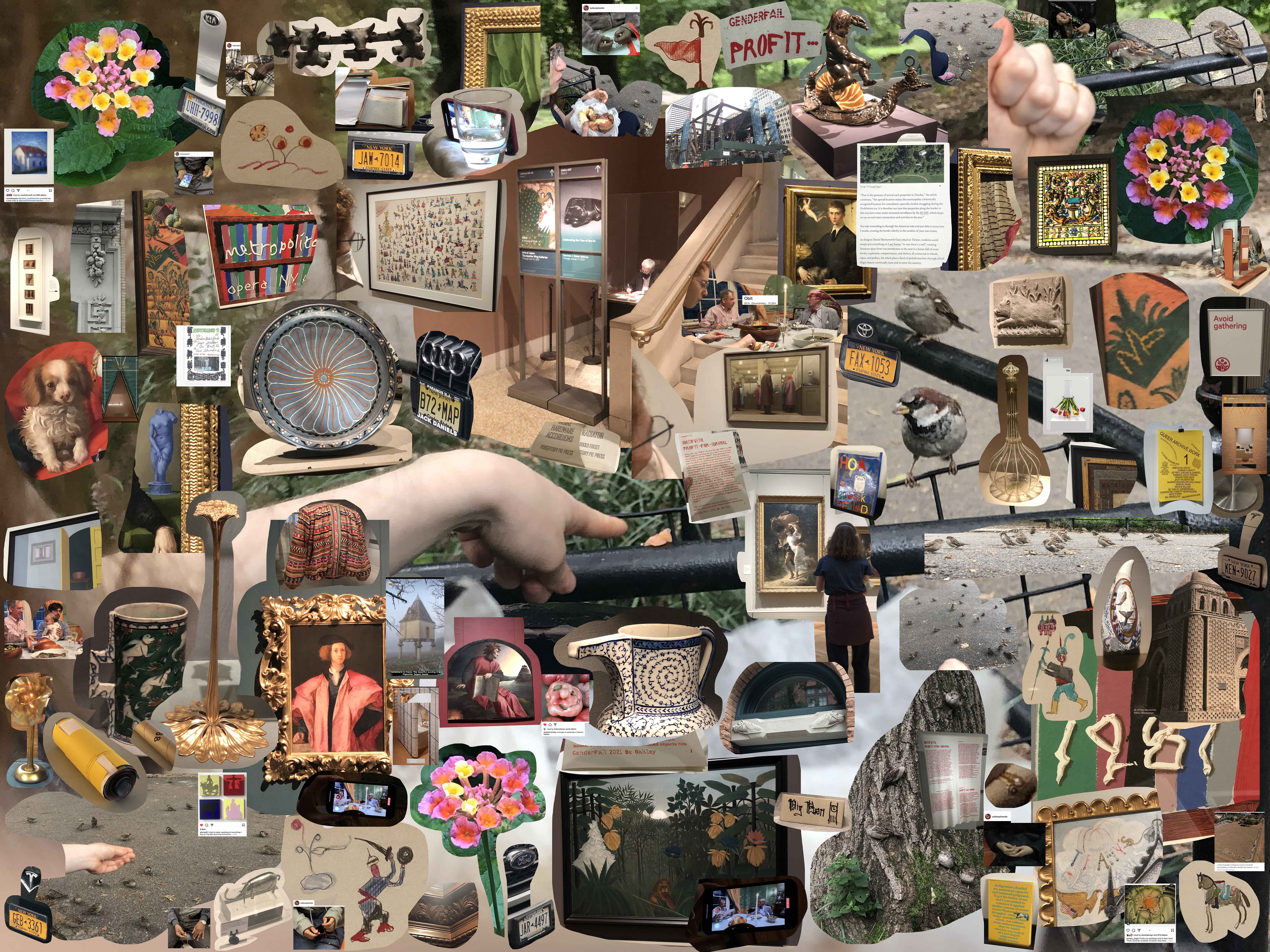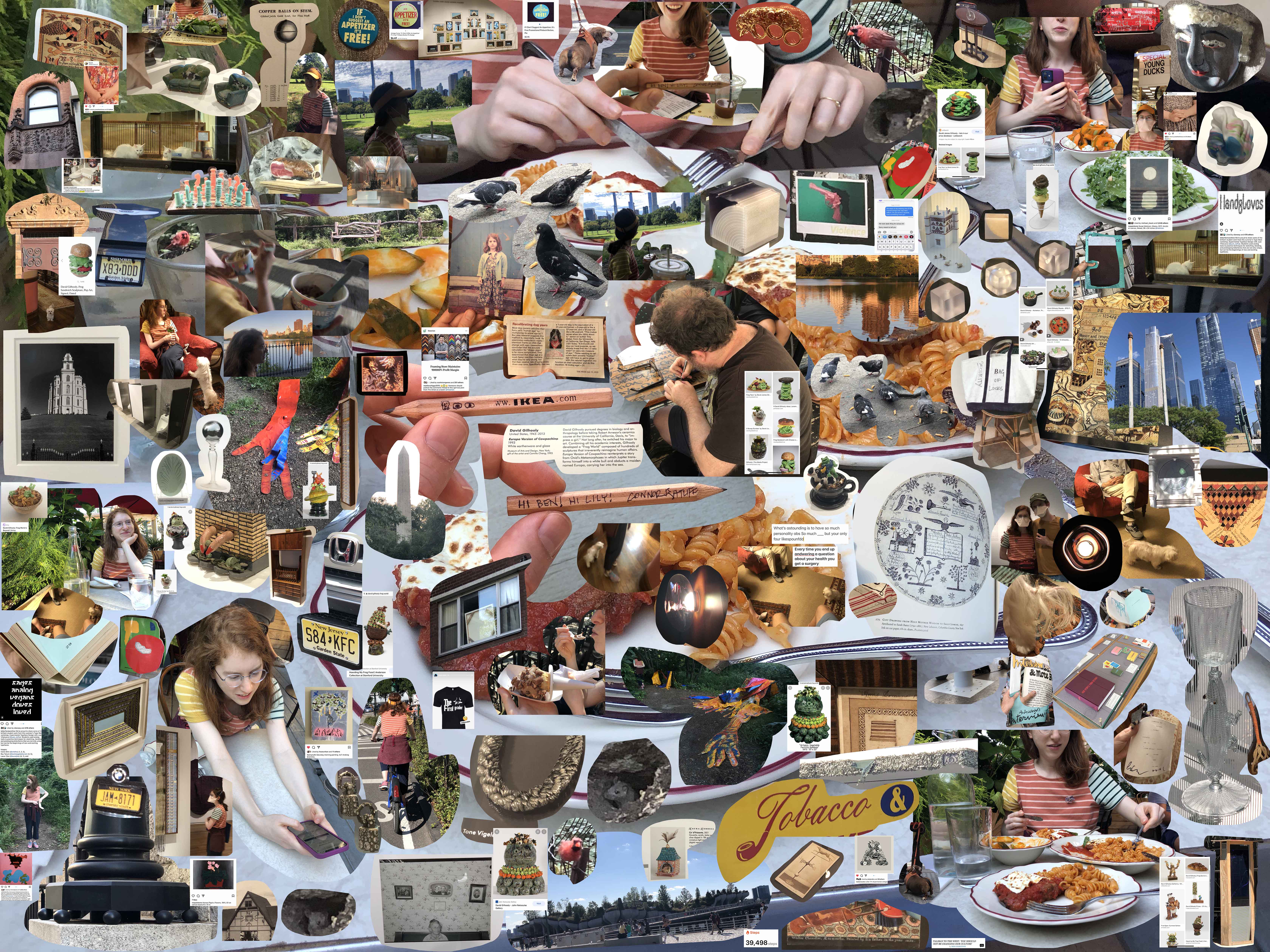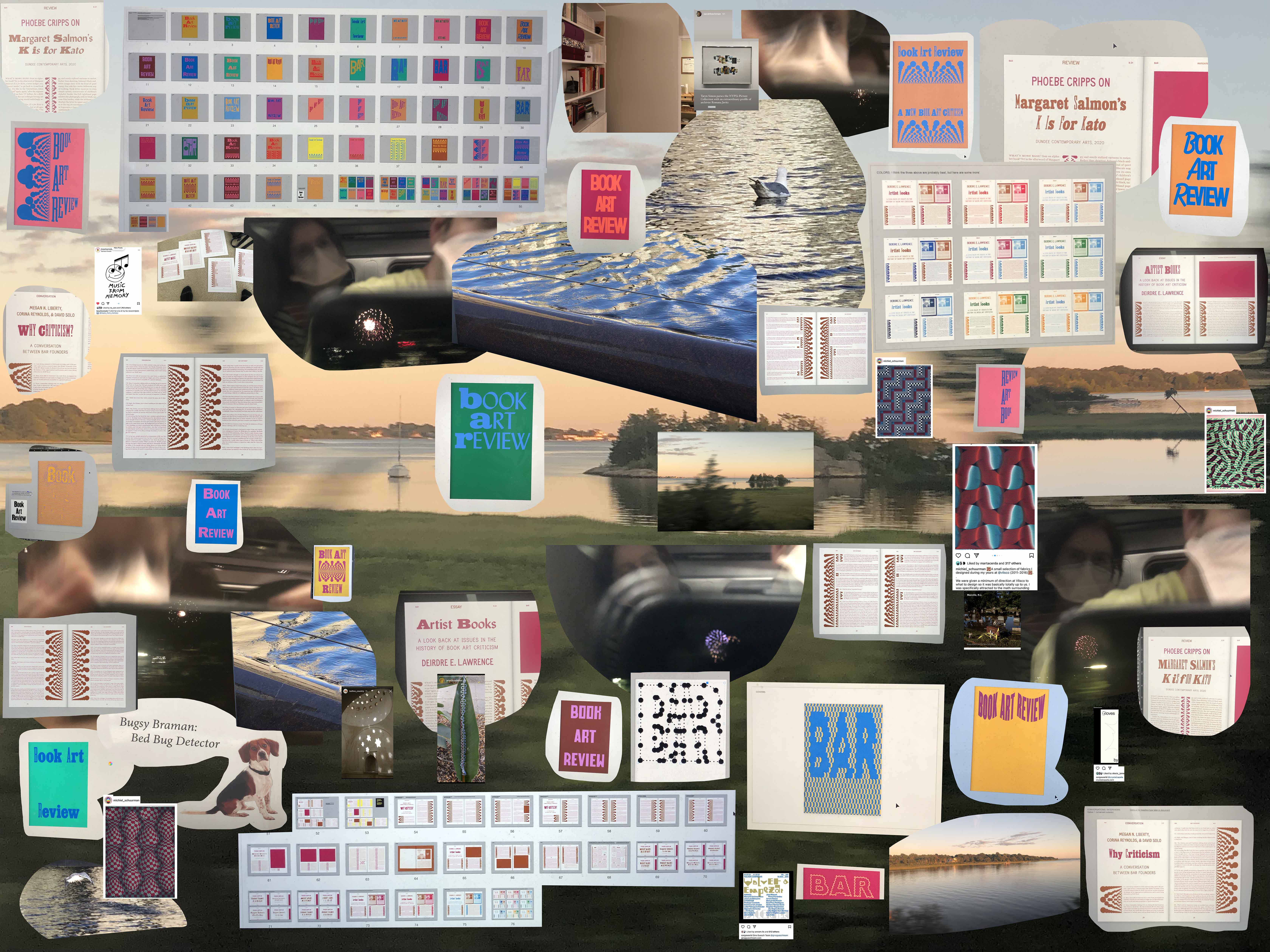Wednesday, September 22, 2021
"Lessons of history" can be "misleading," he went on. It was well understood that the Cold Warriors of the early 1960s had distorted history when they likened the communist assult on South Vietnam to Adolf Hitler's invasion of Poland or Czechoslovakia. Now, he wrote, the military cheifs of the mid-1980s were similarly "myopic" in seeing every third-world crisis as another Vietnam. He quoted Mark Twain on the broad issue of lessons: "We should be careful to get out of an experience only the wisdom that is in it—and stop there; lest we be like the cat that sits down on a hot stove-lid. She will never sit down on a hot stove-lid again—and that is well; but also she will never sit down on a cold one anymore."
— Fred Kaplan, The Insurgents: David Petraeus and the Plot to Change the American Way of War
Tuesday, September 21, 2021
MKULTRA was so highly classified that when John McCone succeeded Dulles as CIA director in late 1961, he was not informed of its existance. Fewer than half a dozen agency brass were aware of MKULTRA at any period during it's twenty-year history.
— Tom O'Neill, Chaos: Charles Manson, the CIA, and the Secret History of the Sixties
Monday, September 20, 2021
WHERE THE STATION IS THE DESTINATION
— Café la France's Providence train station location tagline
Sunday, September 19, 2021
See I memorize things as my job, so when you can't remember one thing I find it amusing.
— Lily
Saturday, September 18, 2021
At least six purple houses.
— Lily on bike counting purple houses
Friday, September 17, 2021
As artist Joe Hanson suggests, "Much of what has been called public art might better be defined as private indulgence."
— Suzanne Lacy, "Cultural Pilgrimates and Metaphoric Journeys," Mapping The Terrain: New Genre Public Art
Thursday, September 16, 2021
It was more about the way that events, in all their messy reality, boiled down to the canonical fact. The way that a narrative becomes the narative.
— Tom O'Neill, Chaos: Charles Manson, the CIA, and the Secret History of the Sixties
Wednesday, September 15, 2021
I moved so much that I stopped collecting things.
— Sun Ho*
Tuesday, September 14, 2021
That duality which is the very mark of art: the tension between the wish to say (explicitness, literalness) and the wish to be silent (truncation, economy, condensation, evocativeness, mystery, exaggeration).
— Susan Sontag, "Posters: Advertisement, Art, Political Artifact, Commodity," The Art of Revolution: 96 Posters from Cuba
Monday, September 13, 2021
The meaning of things can change on a dime.
— Janet*
Sunday, September 12, 2021
America has rolled by like an army of steamrollers.
— Announcer at Sea Dogs Field of Dreams game
Saturday, September 11, 2021
Cider donuts.
— Jonathan
Friday, September 10, 2021
Cooler & Warmer
— Old Rhode Island slogan
Thursday, September 9, 2021
If Gournay wins, a page of Montaigne may also come to look simpler, for it could reduce the desire for the visually disruptive sprinkling of "A," "B," and "C" letters signifying different layers of composition. They would still be of interest, but they were first put in by editors working from the Bordeaux Copy whose motivation was partly to make their hard work fully visible.
— Sarah Bakewell, How to Live: Or A Life of Montaigne in One Question and Twenty Attempts at an Answer
Wednesday, September 8, 2021
Isn't that what baseball's all about? Tradition? It's a museum masquerading as a sport.
— Alex Levy, The Morning Show
Tuesday, September 7, 2021
Cover the book in thinly sliced mortadella and walk out.
— David Horvitz, How to Shoplift Books
Monday, September 6, 2021
Echoing the phrase “all press is good press”: any remix is a good remix. To be referenced is to still be culturally relevant. So if you own an NFT describing Arachnid Person, you want to contribute to an environment where as many people want to include Arachnid Person in their works as possible so that Arachnid Man #1 becomes something worth owning.
— Kyle Russell via Casey Newton, "Loot is a Virtual Social Network That Looks LIke Nothing You've Ever Seen," The Verge, sent by Austin
Sunday, September 5, 2021
Describe what we see.
— Lily at The Met
Saturday, September 4, 2021
Combining all his academic interests, Gilhooly developed a "Frog World" composed of hundreds of sculptures that irreverently reimagine human affairs.
— David Gilhooly wall text at MAD
Friday, September 3, 2021
A small selection of fabrics I designed during my years at @vlisco
— @michiel_schuurman
